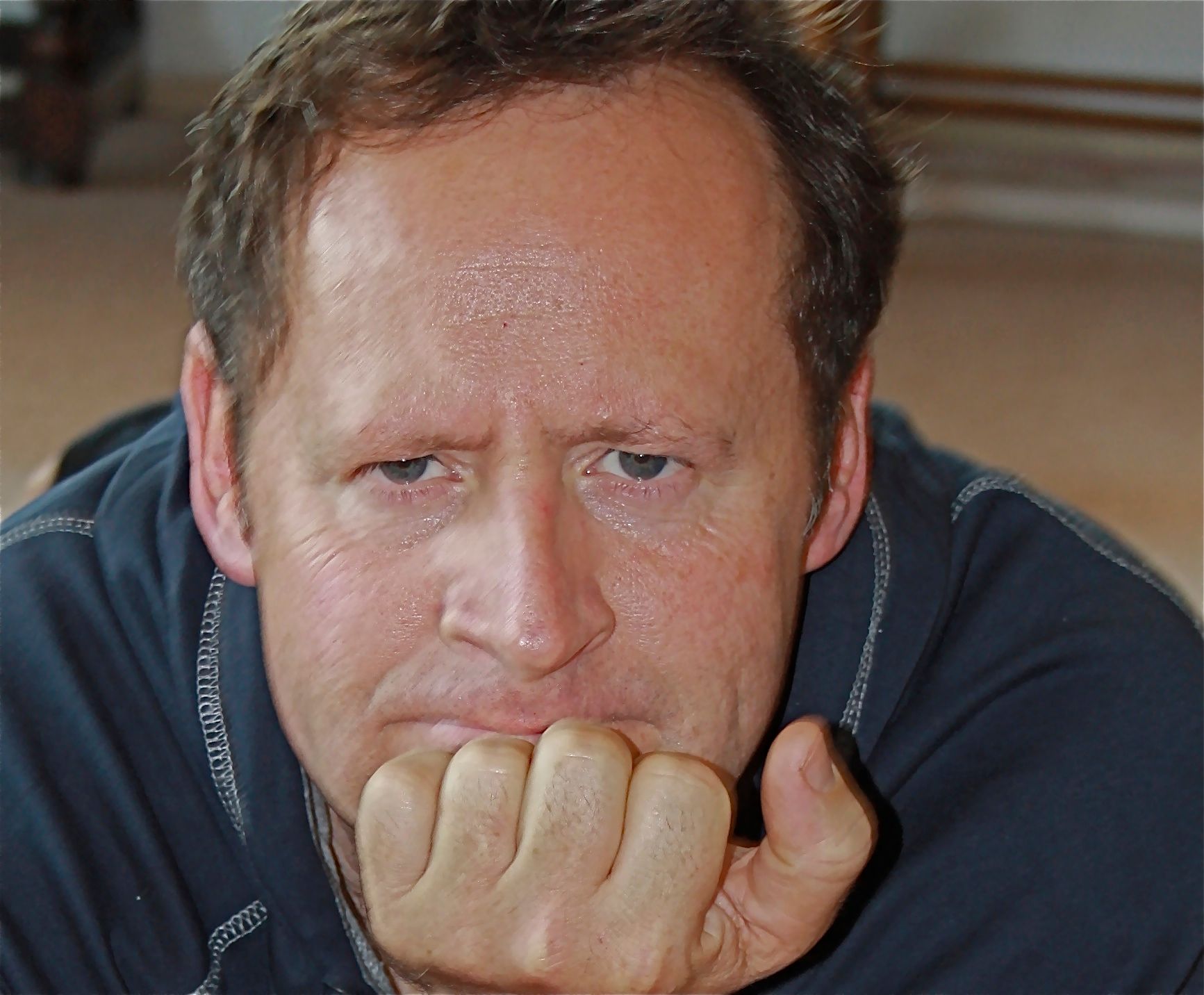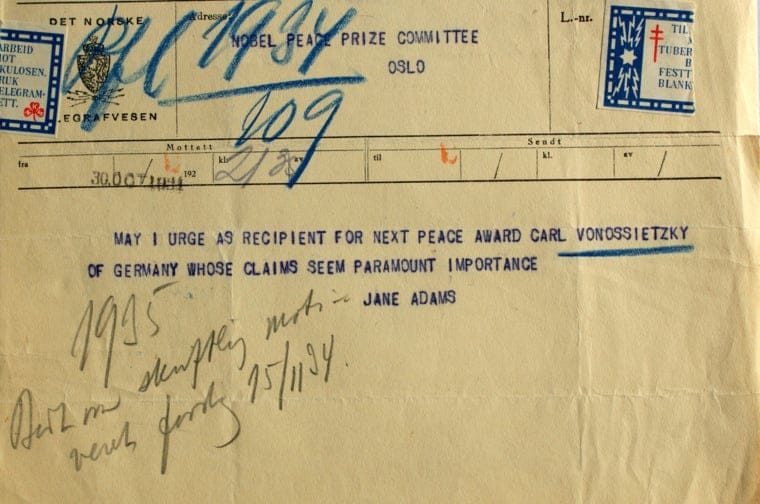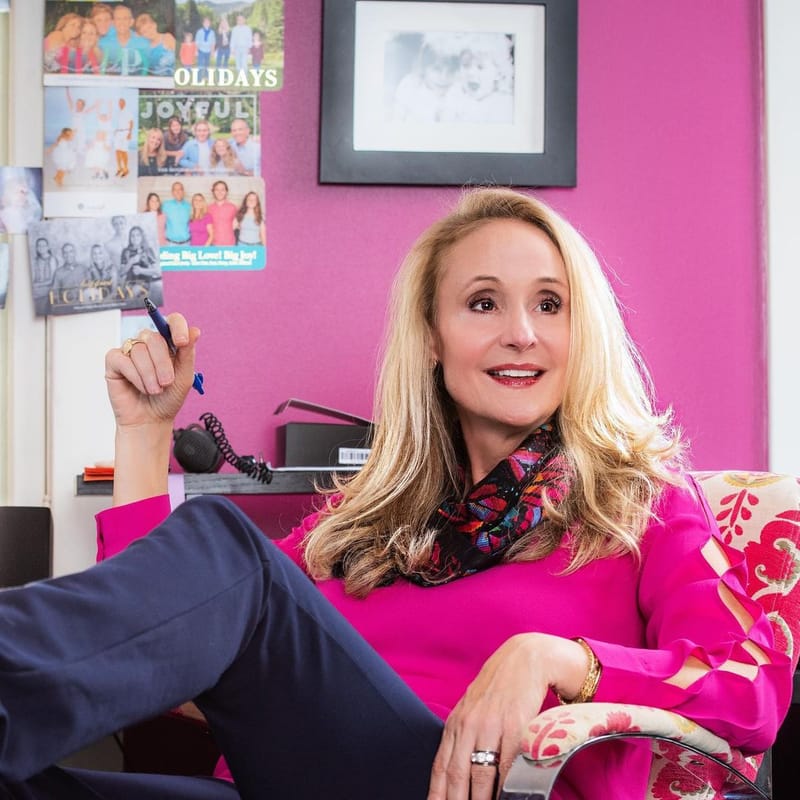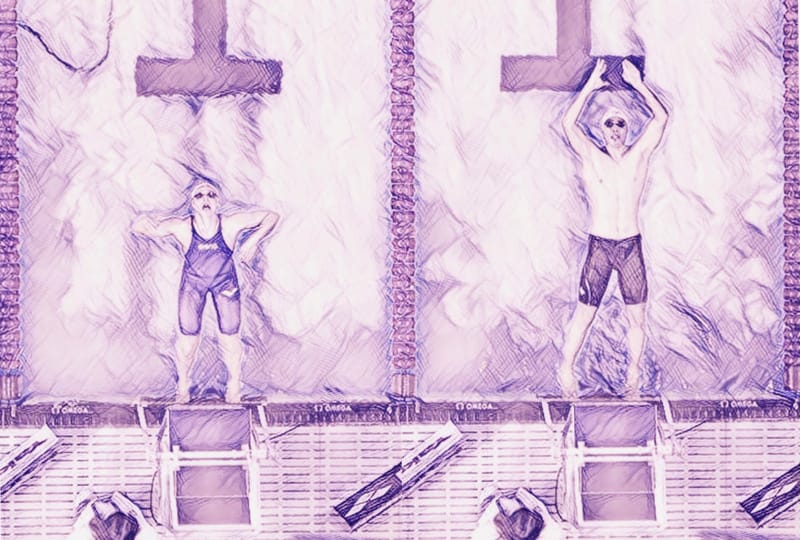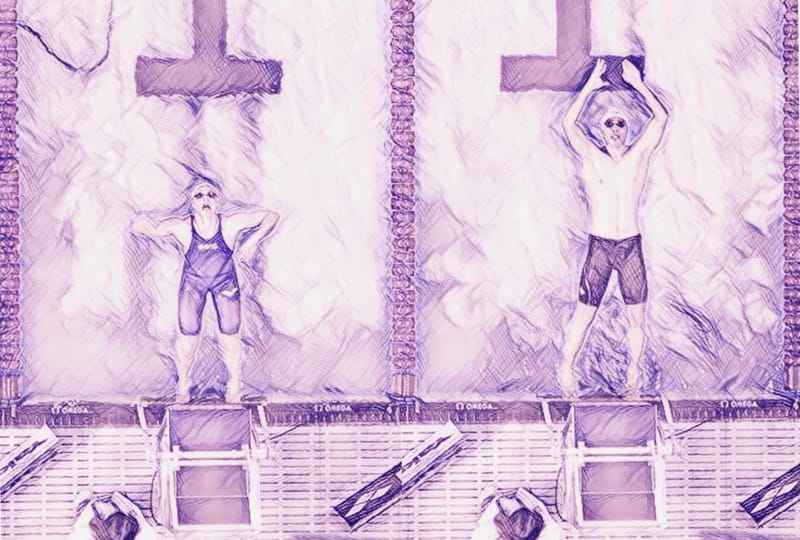No Parity Games In The Paris Pool As Men Top The Numbers But No Rylov & Other Russians
There will be no male-female parity in the pool at the Paris Olympic Games, World Aquatics has confirmed in an announcement that of the 854 athletes entered in swimming competitions, 463 of them are men and 391 women. A reminder of why the men do not include Evgeny Rylov
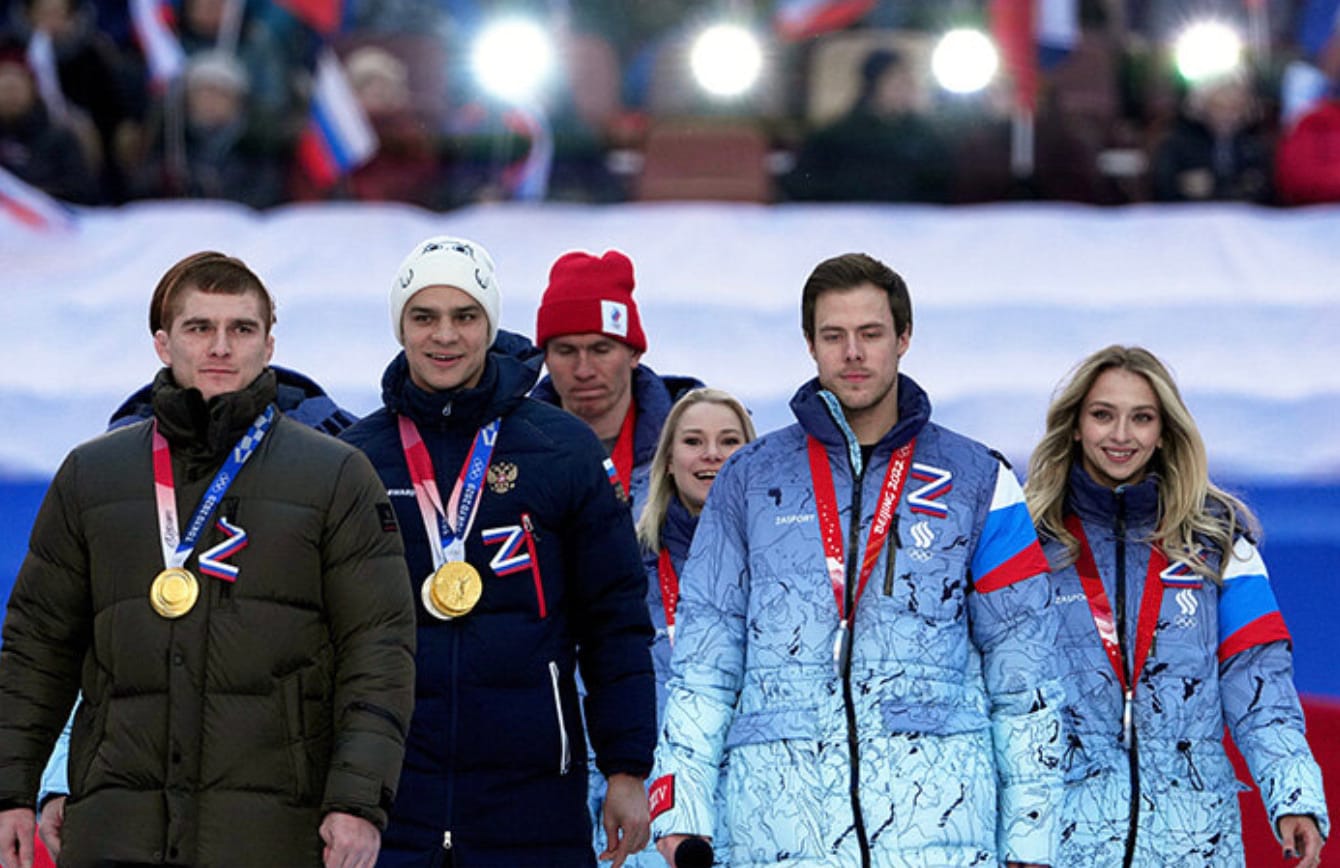
There will be no male-female parity in the pool at the Paris Olympic Games, World Aquatics has confirmed in an announcement that of the 854 athletes entered in swimming competitions, 463 of them are men and 391 women.
The entries do not include double Olympic backstroke champion in Tokyo three years ago, Evgeny Rylov, nor World 200m breaststroke record holder Evgenia Chikunova. Rylov is not eligible because he was penalised for appearing at a Putin rally in a Moscow stadium, his sports kit brandishing a Z-symbol in support of Russia's illegal war on Ukraine.
Links to that story at the foot of this file.
Chikunova has stated that she is unwilling to sign the conditions of participation form: this page and links at the International fencing federation, FIE, offers a useful steer.
The confirmed list of athletes in full at World Aquatics
Swimming is a sport that offers precisely the same events for men and women, Tokyo 2020ne the first Games at which that happened, with the introduction of a 1500m free for women, 800m free for men and the 4x100m mixed medley relay in which two women and two men form each quartet.
Parity of the sexes, which the International Olympic Committee says will be achieved for the first time ever in Paris, with men and women athletes isn equal number, relies on nations sending as many athletes of each sex to the Games but the picture varies widely across nations.
The goal also relies on qualification targets being met and as things stand in the pool, men come out on top when the combined entries of 187 countries are taken into account, including Individual Neutral Athletes (from banned Russian and Belarusian - totally 5, just one from Russia) and the IOC Refugee Olympic Team.
Meanwhile, as the parity boast does the round, Context News tells us that only 13 per cent of coaches at Tokyo 2020 were women, while in Paris a sillier figure will mean that "barely one in 10 coaches are likely to be women".
An example of exception in swimming is Mel Marshall, coach to Adam Peaty and other Loughborough-base swimmers - and off to Australia after Paris to improve their efforts to develop more female talent on the deck.
While each country is eligible to send at least two athletes to Paris, regardless of standard, in what World Aquatics suggests demonstrates "swimming's universal appeal and inclusivity", swimming and its water sibling sports does not have a system such as that operating in Track and Field in which the top 30 ranked athletes in the world are invited.
